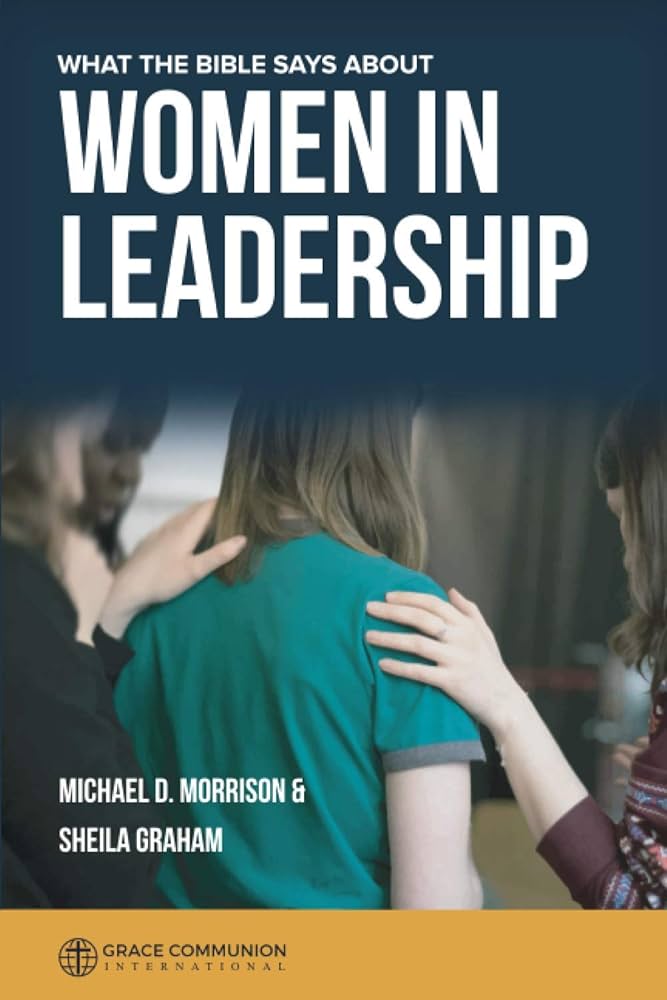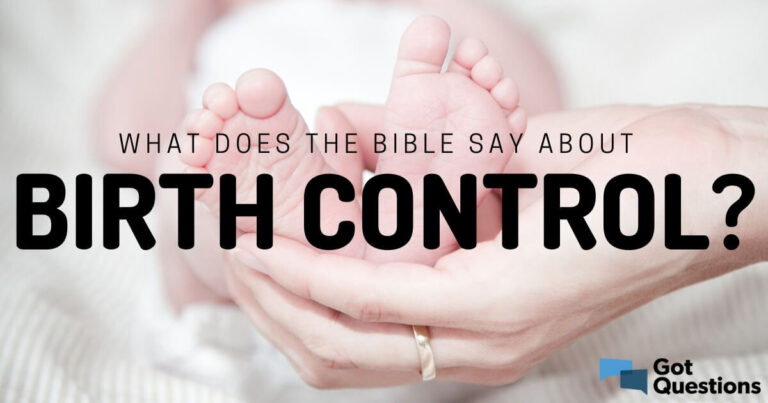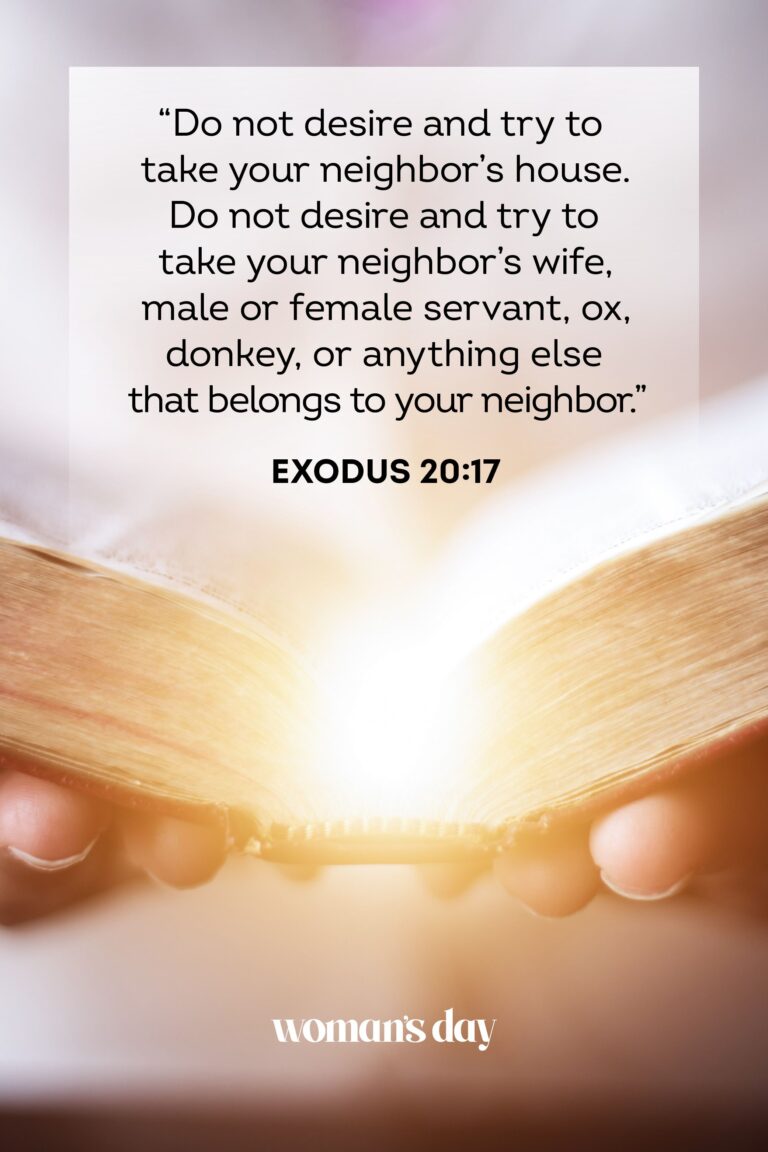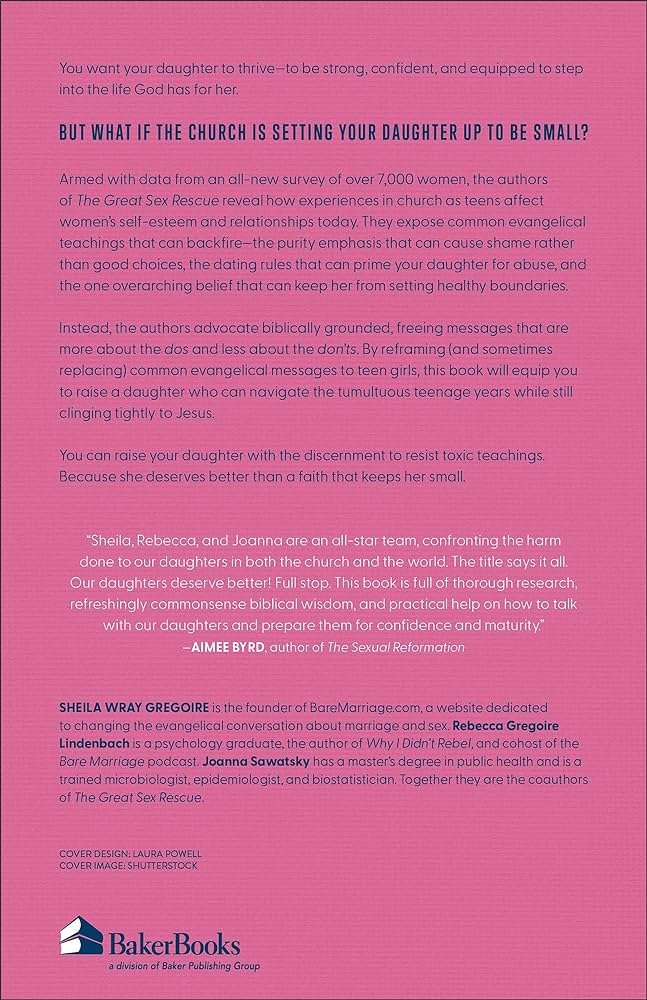What Does the Bible Say About Female Leaders
Scholars and believers alike have widely discussed, debated, and analyzed the topic of female leadership in the Bible. Does the Bible support women as leaders or limit their roles within the community and church? By examining key scriptures, examples of women in leadership, and the broader principles of God’s Word, we can uncover a clearer understanding of what the Bible says about female leaders.
Female Leadership in the Old Testament

The Old Testament offers examples of women who held positions of influence and leadership, demonstrating that God uses both men and women to fulfill His purposes.
Deborah, one of the judges of Israel, stands out as a leader and prophetess who guided her people to victory. Judges 4:4-5 says:
“Now Deborah, a prophetess, the wife of Lappidoth, was judging Israel at that time.”
Her story shows how God entrusted women with both spiritual and political responsibilities. Similarly, Miriam, the sister of Moses, is celebrated in Exodus 15:20 as a prophetess who led the Israelites in worship after crossing the Red Sea. Another example is Queen Esther, whose bravery and leadership saved her people from destruction. Through these stories, we see how God calls women to pivotal roles in His divine plan.
Moreover, Huldah, a prophetess mentioned in 2 Kings 22:14-20, played a key role in interpreting the law for King Josiah. Her wisdom and leadership emphasized that God’s guidance often came through women.
Female Leadership in the New Testament
The New Testament continues the theme of women serving in significant capacities. Women like Phoebe, Priscilla, and Mary Magdalene highlight the diverse ways in which God uses women to advance His kingdom.
- Phoebe, the Deacon: Romans 16:1-2 describes Phoebe as a servant of the church in Cenchreae. Paul commends her to the church, urging them to assist her in her mission.
- Priscilla, the Teacher: Alongside her husband, Priscilla mentored Apollos, a key figure in the early church. Acts 18:26 portrays her as a knowledgeable and effective teacher.
- Mary Magdalene, the Witness: As the first to see the resurrected Christ, Mary Magdalene was entrusted with sharing the good news, affirming women’s roles as witnesses and messengers.

Additionally, the roles of women like Lydia (Acts 16:14-15), a businesswoman and a supporter of Paul’s ministry, underscore how women contributed to the growth of the early church. Lydia’s hospitality and generosity made her home a center for Christian fellowship.
Key Scriptures on Female Leadership
While the Bible includes numerous examples of female leaders, certain scriptures have sparked debates about their roles:
- 1 Timothy 2:12:
“I do not permit a woman to teach or to exercise authority over a man; rather, she is to remain quiet.”
This verse has been interpreted as a prohibition against female leadership. However, understanding its cultural and historical context is crucial.
- Galatians 3:28:
“There is neither Jew nor Greek, there is neither slave nor free, there is no male and female, for you are all one in Christ Jesus.”
This passage underscores equality in Christ, emphasizing that gender should not hinder anyone from serving God.
- Joel 2:28-29:
“I will pour out my Spirit on all people. Your sons and daughters will prophesy.”
This prophecy reiterated in Acts 2:17, highlights God’s intention to empower both men and women to share His message.

Balancing Tradition and Context
To understand the Bible’s perspective on female leadership, it is essential to balance its teachings with the cultural context of the times. Consider these key insights:
- Cultural Norms: Many restrictions on women’s roles were shaped by societal norms of the biblical era.
- God’s Calling: Throughout the Bible, God consistently calls and empowers women for leadership roles.
- Unity in Christ: The New Testament emphasizes the unity and equal value of all believers.
By interpreting these passages in their cultural and historical contexts, believers can discern how to apply these teachings today.
Lessons from Female Leaders in the Bible
The stories of women in leadership teach us profound truths:
- Leadership is not confined by gender; God values faithfulness and willingness to serve.
- Women in the Bible overcame societal barriers to fulfill their God-given missions.
- From prophets to queens to deacons, leadership manifests in diverse forms.
Moreover, these examples encourage modern believers to recognize and celebrate the gifts of women in ministry and beyond.
Practical Takeaways for Today
- Support Women in Leadership: Encourage and recognize the contributions of women in your church and community.
- Study Scripture with Context: Delve into the cultural and historical backgrounds of key passages.
- Embrace God’s Calling: Trust that God equips those He calls, regardless of gender.
- Foster Inclusive Communities: Create spaces where both men and women can serve freely according to their gifts.
Female Leadership in Modern Context

In today’s world, many churches and organizations are reevaluating the roles of women in leadership. Denominations like the Wesleyan Church and the Assemblies of God have embraced female pastors and leaders, citing scriptural support for their inclusion. This shift reflects an ongoing commitment to honoring God’s calling for all believers, regardless of gender.
Conclusion
The Bible’s teachings on female leadership reveal a dynamic narrative of God’s work through women. While some scriptures have been interpreted as restrictive, the overarching message celebrates the value and contributions of women in God’s kingdom. By understanding these teachings in context, we can honor and support female leaders today. Female leadership in the Bible challenges us to embrace the gifts and callings of all believers, ensuring that the church continues to grow and thrive in unity.







